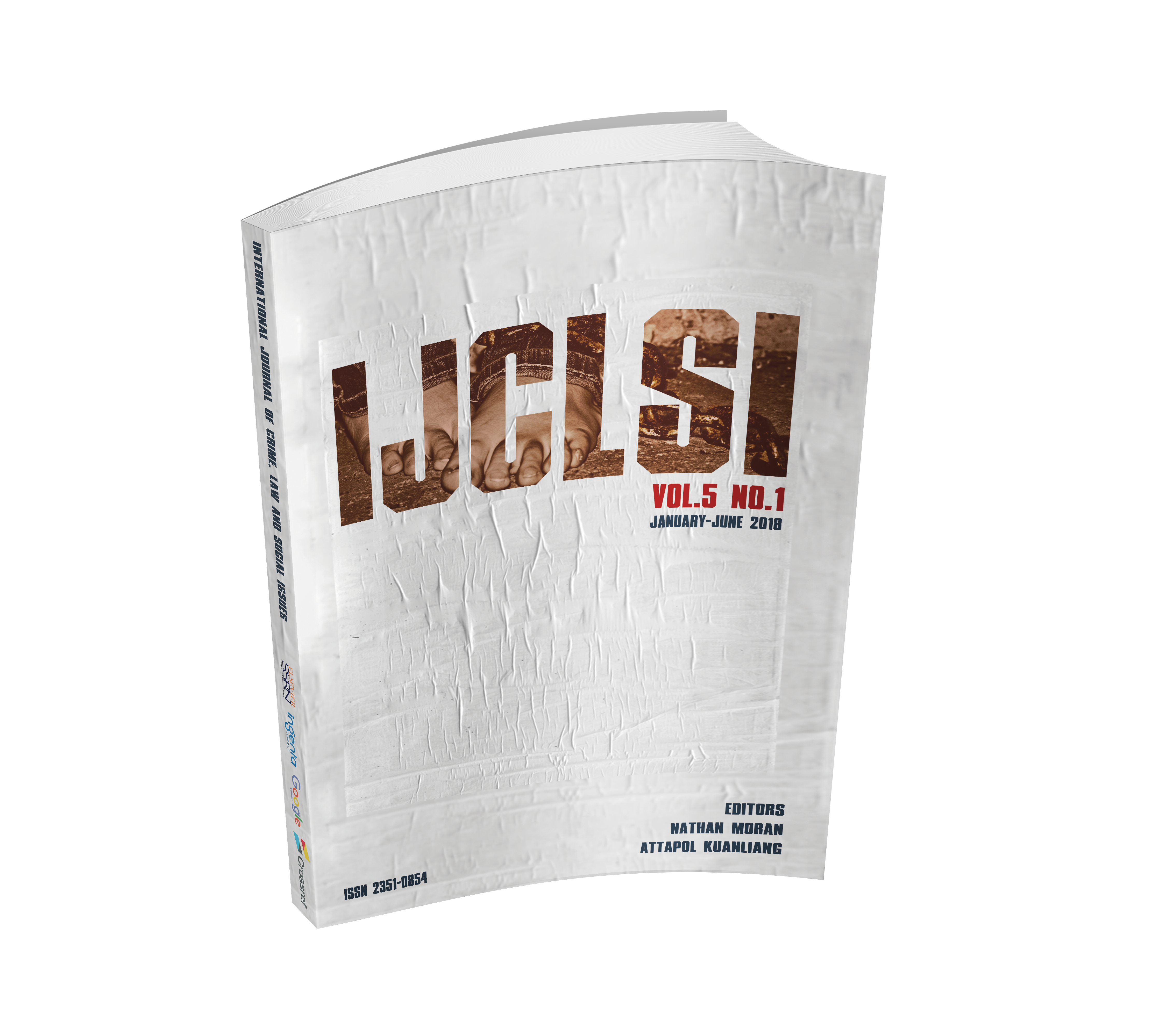Waste Management in the Community: A Case Study of Maesook Municipality, Chae Hom District, Lampang Province, Thailand
Keywords:
Waste Management, Community, Maesook MunicipalityAbstract
This article is part of a research project on the extension of results for waste management by modeling community: a case study of Maesook Municipality, Chae Hom District, Lampang Province. The objectives of this study were to study the community waste management model and the factors affecting the success of the waste management of Maesook Municipality. It was qualitative research. The data were collected from the key informants, including those involved in waste management of Maesook Municipality and the people living in Moo 1, Ban Maesook which was a village model of waste management of Maesook Municipality. A total of 20 key informants were selected by a purposive sampling method. The data were collected from documents, non-participant observation, semi-structured interview and focus group discussion. Content analysis was employed to analyze the data. It was found that the waste management model of Maesook Municipality was a collaborative operation with educational institutions using the research process as the guidelines for the operation. The operation focused on systematic operation with a clear operational framework, including objectives, research management process, creating community collaborative to create output, outcome, and policy recommendations for the development of effective waste management in the community. This type of operation resulted in effective the waste management of Maesook Municipality. The factors affecting the success of waste management of Maesook Municipality included the government regulations and enforcement that decentralized to local authorities and the regulations consistent with the community context; the continuous development of waste management of the local government and the creation of new interesting ways for waste management; the participation in waste management requiring daily waste management behaviors contributing to reduction of waste as well as encouraging people to take care of the environment in the community and the bureaucratic process focusing on creating understanding and acceptance of the waste management policy so that the practitioners can efficiently provide public services to the community.
Downloads











.png)


